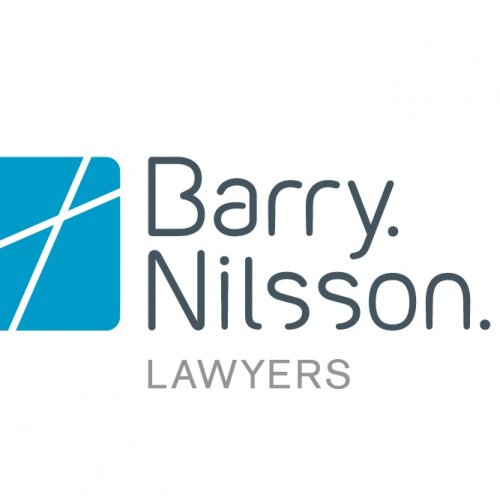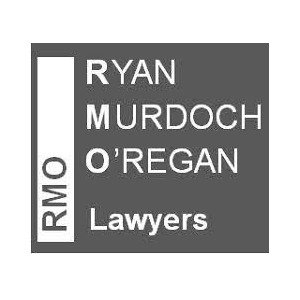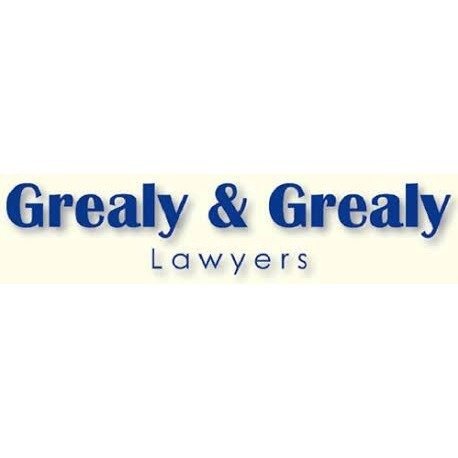Best Estate Planning Lawyers in Brisbane
Share your needs with us, get contacted by law firms.
Free. Takes 2 min.
List of the best lawyers in Brisbane, Australia
About Estate Planning Law in Brisbane, Australia
Estate planning in Brisbane, Australia, is a crucial process that involves the preparation of tasks that serve to manage an individual's asset base in the event of incapacitation or death. It is a proactive step to ensure that your financial affairs are in order, your loved ones are adequately provided for, and your estate is distributed according to your wishes. The process can encompass wills, trusts, power of attorney, and other relevant legal documents tailored to an individual's circumstances. Understanding local regulations is imperative for anyone wishing to create a legally robust and effective estate plan in Brisbane.
Why You May Need a Lawyer
Engaging a lawyer for estate planning is essential in several situations:
- Navigating complex family dynamics, such as blended families, where equitable distribution amongst beneficiaries might be challenging.
- Understanding tax implications and ensuring assets are distributed in the most tax-efficient way.
- Creating a testamentary trust to protect the interests of financially irresponsible beneficiaries or minors.
- Addressing issues related to business succession planning for family-owned businesses.
- Ensuring compliance with state-specific legislation, which can be intricate and overwhelming.
- Seeking expertise in drafting wills and other documents to prevent future disputes and litigation amongst heirs.
- Needing advice when domicile or estate involves assets in multiple jurisdictions.
Local Laws Overview
Estate planning in Brisbane is governed by both state and federal laws. Key aspects include:
- The Succession Act 1981 (Qld) is the primary legislation governing wills and estates in Queensland, affecting how estates are distributed if someone dies intestate (without a will).
- Enduring Powers of Attorney documents are governed by the Powers of Attorney Act 1998 (Qld), allowing you to appoint someone to make financial or personal decisions on your behalf.
- The Trusts Act 1973 (Qld) provides the legal framework for creating and managing trusts.
- Queensland's duties and taxes, such as stamp duty and potential capital gains tax considerations, can significantly impact estate planning.
- Superannuation death benefits may not automatically form part of your estate and require specific attention and nomination of beneficiaries.
Frequently Asked Questions
What happens if I die without a will in Brisbane?
If you die without a will in Brisbane, your estate will be distributed according to the rules of intestacy defined in the Succession Act 1981. This can result in a distribution that may not align with your wishes.
Can I write my own will?
Yes, you can write your own will, but it must comply with specific formalities to be valid. It is recommended to seek legal advice to ensure the will is correctly drafted to avoid disputes.
What is a testamentary trust?
A testamentary trust is a trust established in a will that only comes into effect upon the will maker’s death. It can provide tax advantages and protect beneficiaries' inheritances.
How often should I update my estate plan?
You should consider updating your estate plan after significant life events, such as marriage, divorce, the birth of children, or significant changes in your financial situation.
What is the role of an executor?
An executor is responsible for managing the estate, which includes collecting assets, paying debts, and distributing the remaining estate according to the will's instructions.
Can my superannuation be included in my will?
Superannuation is usually not part of the deceased estate and has its own beneficiary nomination process. Specific binding death benefit nominations should be considered.
What is the difference between a power of attorney and an enduring power of attorney?
A power of attorney is for decisions while you have capacity, whereas an enduring power of attorney extends decision-making authority in the event you lose capacity.
Do I need a lawyer to appoint a power of attorney?
While a lawyer is not legally required, their expertise ensures the document is correctly executed and covers all necessary provisions appropriate to your circumstances.
Are online wills valid in Queensland?
Online wills can be valid if witnessed correctly according to the requirements of the Succession Act 1981. However, consulting a lawyer can prevent potential issues or disputes.
What is probate?
Probate is a legal process to validate a will and authorize an executor to distribute the estate. It provides legal recognition of the will’s validity.
Additional Resources
Consider consulting the following resources and organizations for more information on estate planning in Brisbane:
- Queensland Law Society: Offers a directory to find accredited specialists in Wills & Estate law.
- Public Trustee of Queensland: Provides free basic will-making services and is a resource for executor and trustee services.
- Australian Taxation Office (ATO): Offers guidance on tax implications related to estate planning.
- Legal Aid Queensland: Provides information and resources on wills and probate law.
Next Steps
If you need legal assistance in estate planning, it is advisable to start by researching and reaching out to specialized estate planning lawyers in Brisbane. Schedule initial consultations to discuss your specific needs and ensure they align with your planning goals. Moreover, consistently review and update your legal documents to reflect any changes in your life circumstances, ensuring your estate plan is current and effective.
Lawzana helps you find the best lawyers and law firms in Brisbane through a curated and pre-screened list of qualified legal professionals. Our platform offers rankings and detailed profiles of attorneys and law firms, allowing you to compare based on practice areas, including Estate Planning, experience, and client feedback.
Each profile includes a description of the firm's areas of practice, client reviews, team members and partners, year of establishment, spoken languages, office locations, contact information, social media presence, and any published articles or resources. Most firms on our platform speak English and are experienced in both local and international legal matters.
Get a quote from top-rated law firms in Brisbane, Australia — quickly, securely, and without unnecessary hassle.
Disclaimer:
The information provided on this page is for general informational purposes only and does not constitute legal advice. While we strive to ensure the accuracy and relevance of the content, legal information may change over time, and interpretations of the law can vary. You should always consult with a qualified legal professional for advice specific to your situation.
We disclaim all liability for actions taken or not taken based on the content of this page. If you believe any information is incorrect or outdated, please contact us, and we will review and update it where appropriate.

















